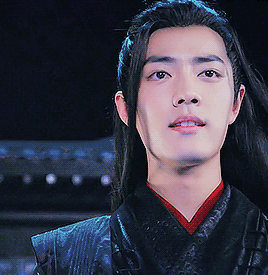
Over the span of a year, I made half a dozen of these trips with my father, picking up desperate women at airports and bus stations, some with children in tow, but most of them alone childlessness making it easier to reinvent one’s life from scratch. He hoped my presence would put her at ease – that if she saw him as a father, she would fear him less, could safely assume that a man with his eight-year-old child in the car wouldn’t pull over in a dark alley and take advantage. My father was highly sensitive to the realities of a woman travelling to a foreign country alone. She was one of the last off the plane, a thin woman in her 20s, dark-skinned like me, polite and terrified. We waited to greet her, my father and I, at Houston airport – her plane ticket having been arranged by the civil rights organisation where my father worked at the time. It was at the height of the Haitian refugee exodus of the early 1980s, when tens of thousands fled blistering poverty and political tyranny for the relative safety of the US. So let this be the year of Roxane Gay: You’ll tear through An Untamed State, but ponder it for long after.M y introduction to Haiti came in the form of a woman. That will come as no surprise to fans of her writings about race, gender and culture that grace sites such as Salon, The Nation, BuzzFeed and (full disclosure) TIME - and it will only make the wait for her first book of essays ( Bad Feminist, due in August) all the more trying. She directly confronts complex issues of identity and privilege, but it’s always accessible and insightful. Gay’s writing is simple and direct, but never cold or sterile. When I was kidnapped, I knew I would never find that Haiti again.”

Years later, I still did not understand Haiti, but I longed for the Haiti of my childhood.

“We did not understand Haiti or know Haiti.


Her conflicted feelings toward Haiti get messier, too, as she tries to make sense of its many contradictions. Flashbacks to her rocky courtship with husband Michael are excellently plotted alongside her imprisonment, providing the novel’s few moments of levity and some of its greatest suspense as Mireille struggles to return to normalcy. The ordeal, which draws from Gay’s own experience with rape, cleaves Mireille’s life into two halves - the Before, and the After - and leaves no relationship untouched. Gay writes a lot about the human body and its capacity for survival, but just as heartbreaking are the mental places Mireille must go to in order to endure.


 0 kommentar(er)
0 kommentar(er)
